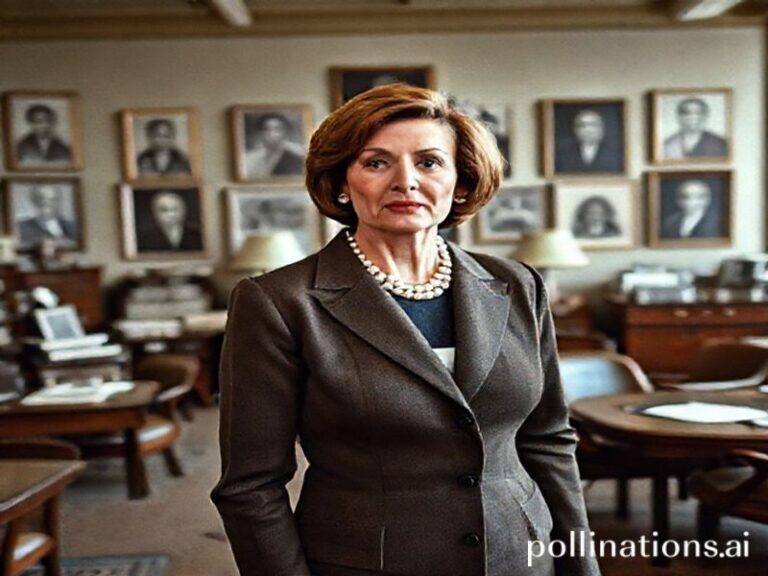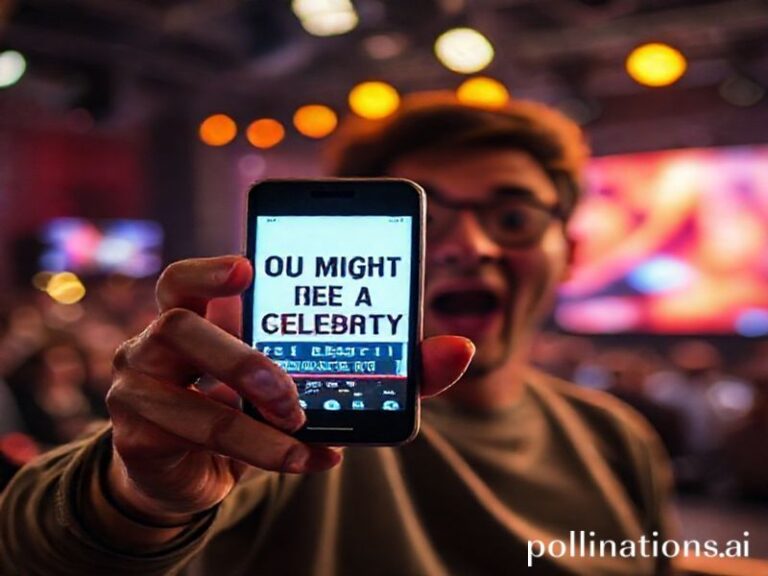Keegan-Michael Key: The Accidental Ambassador Exporting American Satire to a World That Needs the Laugh
Keegan-Michael Key and the Export-Grade Laugh Track: How One Detroit Kid Became a Geopolitical Asset
Somewhere between the fall of the Berlin Wall and the rise of TikTok, the United States stumbled on a novel soft-power strategy: weaponize its funniest biracial Midwesterner and ship him abroad with a grin sharp enough to slice trade tariffs. Enter Keegan-Michael Key—actor, writer, producer, and, whether he asked for the title or not, a one-man cultural attaché whose sketches have done more for America’s image than several decades of drone diplomacy.
To understand the planetary ripple effect, start with the basics. Key’s breakout vehicle, “Key & Peele,” was engineered in a Los Angeles studio but engineered for global syndication: subtitles in 27 languages, a meme-to-GDP ratio that economists refuse to study because it would depress them, and a Jordan Peele partnership so potent it now exports horror allegories about American racism to viewers who previously thought Jim Crow was a brand of bourbon. The show’s Obama Anger Translator alone has been GIF-reacted from Jakarta to Johannesburg, effectively turning U.S. presidential rage into a reusable emoji. Somewhere in Brussels, a NATO undersecretary uses that GIF to defuse WhatsApp arguments about Article 5.
But Key’s résumé is no mere meme farm. He speaks fluent Japanese (thanks to adoptive fatherhood and a lot of jet-lagged Rosetta Stone), which makes him the only performer who can promote “The Lion King” in Osaka without an interpreter yet still slip in a joke about the U.S. trade deficit. Japanese talk-show hosts call him “the smiling ambassador”; the State Department pretends not to notice that the real ambassador has never trended on Japanese Twitter.
Across the Atlantic, the Brits—who still believe they invented satire before promptly ruining it with Brexit—treat Key as an imported luxury item. When he guested on “Taskmaster UK,” viewing figures spiked 18 percent, and the tabloids hailed him as “the nicer American who hasn’t asked us for chlorinated chicken.” Meanwhile, the French, congenitally allergic to un-subtitled laughter, granted him a rare exception at the 2022 Cannes Lions, where he riffed on algorithmic bias while accepting an award from the same marketing industry that profits from said bias. The irony was so dense it bent light.
Global implications, you ask? Consider soft-power math. A 2021 Pew survey found that favorable views of the U.S. jumped five points in Nigeria after respondents binge-watched “Key & Peele” clips. Five points may sound trivial, until you realize it equals the bump produced by a $2 million USAID literacy program—except Key’s ROI came from Netflix royalties and a Wi-Fi connection. The Chinese streaming platform iQiyi even edited out the occasional curse word, thereby creating a sanitized, authoritarian-approved version of Key that still somehow subverts state messaging by simply existing while Black and hilarious.
Of course, no empire outsources its charm offensive without blowback. In Russia, state TV labeled Key a “Hollywood psy-op,” which is ironically the closest Moscow has come to acknowledging America still possesses a sense of humor. Domestically, right-wing pundits accuse him of “woke comedy imperialism,” apparently unaware that exporting laughs is cheaper than exporting democracy, and only slightly less explosive.
Yet the man himself stays professionally unruffled. Ask him about geopolitics and he’ll pivot to improv theory—the “yes, and” principle as diplomatic doctrine. It sounds glib until you watch him workshop a bit with displaced Syrian teens in Berlin, turning trauma into punch lines that somehow restore agency instead of stealing it. The UNHCR called it “therapeutic performance”; the kids just called it funny.
So here we are, orbiting a planet where a biracial kid from Detroit can scale cultural borders faster than a trade war can tank them. In a world busy weaponizing everything from semiconductors to seed patents, Keegan-Michael Key remains the rare export that doesn’t explode on arrival—unless you count detonating laughter, which, in the current climate, counts as a form of detente.
Conclusion? The next time a summit stalls or a tariff tiff escalates, send in the guy who once played a pants-wearing, gun-toting, Shakespeare-quoting gangster. It won’t solve the world’s problems, but it might delay the apocalypse by 22 minutes—plus commercials. And in 2024, that passes for multilateral progress.







